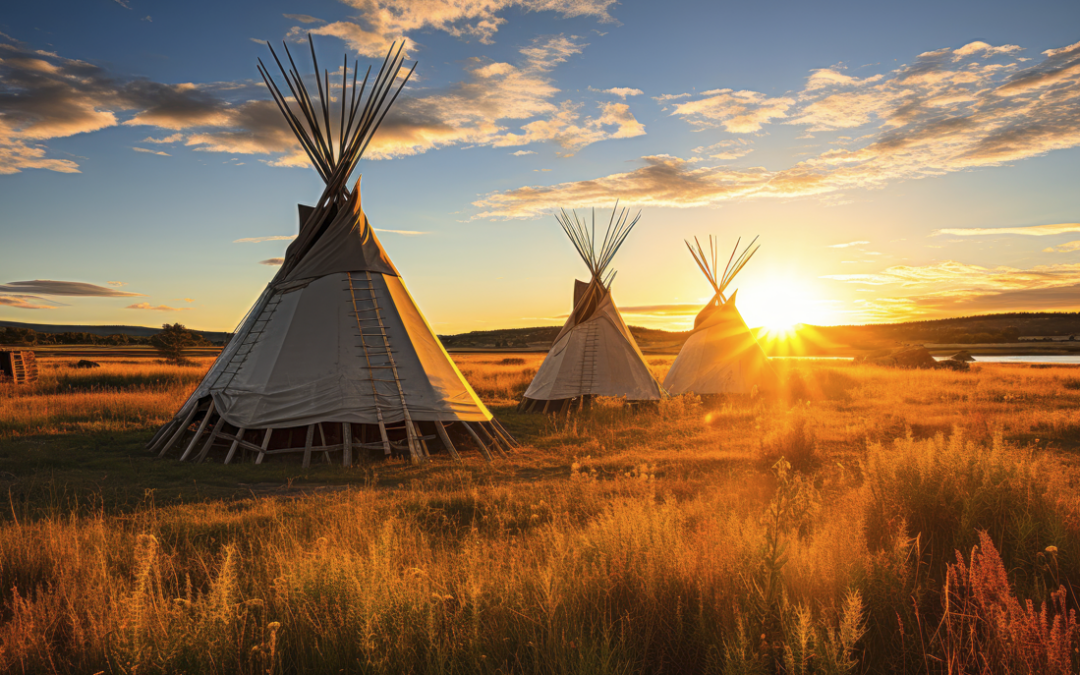Native Americans comprise hundreds of distinct tribes and nations, each with its own unique culture, language, and traditions. These diverse groups have inhabited the Americas for over 15,000 years, making them one of the world’s oldest continuous cultures. The rich tapestry of Native American heritage reflects a deep connection to the land and a profound understanding of the natural world. From the Arctic to the southern tip of South America, Indigenous peoples have adapted to varied environments, creating vibrant communities with unique customs and practices.
Each tribe holds a distinct identity, with languages that vary widely across regions. Today, over 300 different Native American languages are still spoken, showcasing the linguistic richness of these cultures. This diversity is also reflected in art, music, and storytelling traditions that have been passed down through generations. Storytelling, for example, is used to preserve history and share important life lessons, while artistic expressions like beadwork, pottery, and weaving often embody unique cultural beliefs and values.
Native American societies have developed complex systems of governance and social structures over centuries. Many communities emphasize communal values, prioritizing family, kinship, and respect for elders. Traditional practices such as hunting, gathering, and agriculture hold spiritual significance, highlighting the connection between culture and the natural world. Today, many tribes blend traditional knowledge with modern techniques, sustaining their communities and preserving their heritage.
The legacy of Native Americans invites us to appreciate the unique contributions they have made to the Americas. Celebrating this diversity reminds us of the resilience and enduring spirit of Native American communities that continue to thrive and share their stories with the world.


